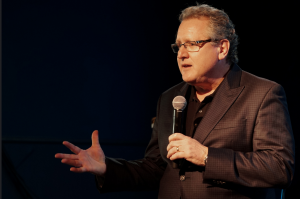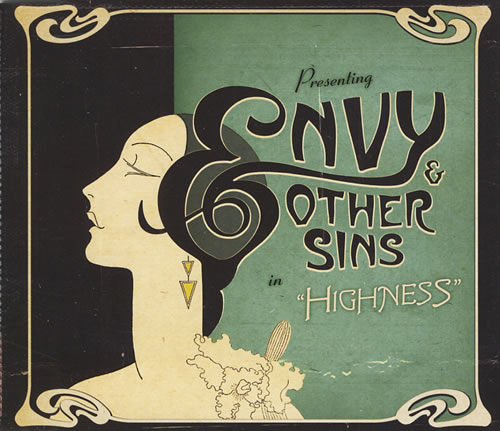By Mark Schaefer
Like most people (60 percent, in fact) I often wake up with Facebook. I scroll through my little world and see the lives of people I do not know very well unfold before my eyes.
My Facebook universe is not filled with cat pictures, endless self-help quotes, and photos so grossly over photo-shopped that they look like they came from a Tolkein fantasy. All those folks have been unfriended by now. I have taken control of my social media experience, so my stream is brimming with exceptional, inspiring people.
And the daily narrative of their lives is profoundly intimidating.
The “scroll” is filled with impossibly cute children, sunsets at the beach, inspiring life achievements, perfect gourmet dinners, and insightful witticisms that make me go “wow” or literally laugh out loud.
And even though I recognize that Facebook is simply a human highlight reel, for a moment … just for a moment … this thought creeped into my head: “My life cannot possibly compete with this.”
Turns out, I’m not alone.
Facebook Envy Prevails
In a new report, German university researchers have shown that feeling jealous about Facebook friends is commonplace and leads to a vicious “envy spiral.”
I was amazed to read that more than one-third of their respondents reported predominantly negative feelings such as frustration and anger when they read their Facebook news feed. The researchers identified that Facebook Envy is caused from observing “copious amounts of positive news” from seemingly successful friends they otherwise would not be able to obtain without Facebook. This fosters persistent social comparison that provokes chronic jealousy.
Researchers also established a correlation between the envy that arises from reading Facebook posts and a user’s general life satisfaction. In other words, seeing the human highlight reel each day not only provokes feelings of envy, but makes people think less of the value of their own lives.
The jealousy experienced from reading other people’s posts was also shown to frequently lead to users embellishing their own Facebook profiles, which, in turn, provokes envy among other users, a phenomenon that the researchers have termed the Facebook “envy spiral.”
A two-edged sword
I think there is another implication of this research.
Last week was an amazing experience for me. I entertained a crowd of 1,200 IBM executives with a speech and workshop. My book Return On Influence was named “essential” and one of the “books of the year” by the American Library Association. I learned The Tao of Twitter
was being translated into Russian. And I was honored to present to a prestigious EU policy think tank in Dublin.
But as I chronicled my adventures through my social stream, I thought to myself: “People are going to think I am such a jerk. All I did this week was post about me, me, me.” Even though I was having a big week, I felt that I needed to edit and tone down the conversation about my life because I did not want to provoke envy in people.
I know this might sound irrational, and that the prevailing smart advice is, ‘just be yourself, you can’t change other people.” But part of the problem is, we are NOT ourselves on Facebook. We are a shiny, super-smart, beautiful edited self. Facebook is our Botox Life. And that is the source code for one-third of the world feeling less about themselves when they compare their lives to their friends. I do think about that. I feel sad for that.
What is the answer?
There is no answer. Human nature is the ultimate mega-trend. We’re not going to change that any time soon.
I think we can only be aware of our own emotions, fight to stay centered, and choose carefully how to react. Every time I enter Shinyville, I try to remember that for every Facebook photo of a child hugging their dad, there is another image of the dad cleaning up the kid’s puke that we don’t see. For every romantic picture of a couple walking on the beach, there is a fight over family finances that we don’t see. And for every “victory post,” there are ten times as many defeats, disappointments, and bouts with self-doubt.
I hope you like my shiny self. But it IS a shiny self. The real wonder of the social web is the opportunity to also get to meet folks in real life and connect to them in a deeper way that transcends the superficial stuff.
So thankfully, this is the end of the “me” part. What about you? Have you ever been in a freefall of Facebook Envy?
 Mark Schaefer is the chief blogger for this site, executive director of Schaefer Marketing Solutions, and the author of several best-selling digital marketing books. He is an acclaimed keynote speaker, college educator, and business consultant. The Marketing Companion podcast is among the top business podcasts in the world. Contact Mark to have him speak to your company event or conference soon.
Mark Schaefer is the chief blogger for this site, executive director of Schaefer Marketing Solutions, and the author of several best-selling digital marketing books. He is an acclaimed keynote speaker, college educator, and business consultant. The Marketing Companion podcast is among the top business podcasts in the world. Contact Mark to have him speak to your company event or conference soon.



